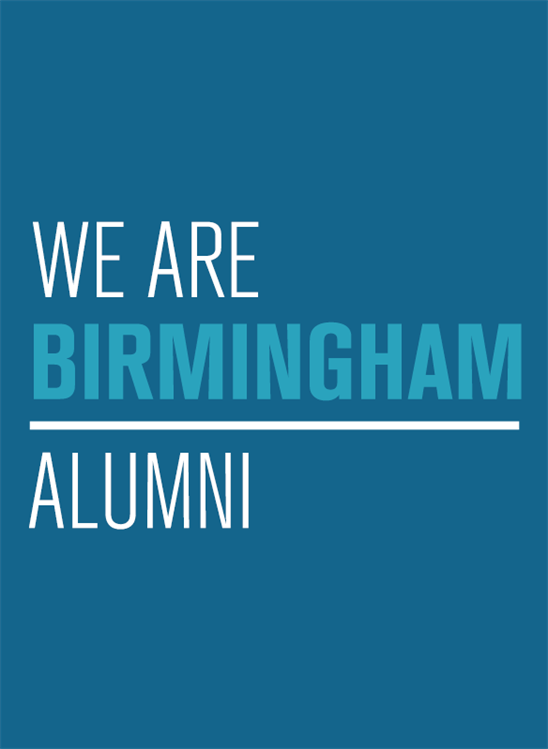Dr Matthew Barton
BSc Chemistry with Analytical Science, 1998; PhD Chemistry, 2001
Patent Attorney (Partner), Forresters IP LLP
I am a patent attorney and also a partner in my company. That means on the one hand I am working on clients' patent applications, mostly in the chemistry field, and on the other hand I have management responsibility in the company. I am always busy with running the office here in Munich, as well as training new attorneys in the same way that I was trained by a more senior attorney, when I first started.
The job also involves business development, which is acquiring new clients but also (very importantly) making sure that our existing clients are very happy with our work for them.
What is the best thing about what you are doing now?
My role is very varied. I need to use the language of chemistry every day in my professional work, but that work is legal rather than academic. I have contact with clients around the world and I enjoy the opportunities to travel and meet them. I also have responsibility for running the business as a partner as well as leading the team in our Munich office, which I enjoy.
What made you interested in your current role?
After my PhD, although I enjoyed working in the chemistry lab I decided that it was not for me long-term. I looked for job opportunities where I could use the chemistry that I had learnt, but in a different environment. I was fortunate enough to be offered a trainee position at Forresters patent and trademark attorneys in London, where over the course of 5 years I qualified as a UK and European patent attorney, specialising in chemistry.
How has your career developed since graduating from the University of Birmingham?
I started work as a trainee patent attorney, studying for UK and European examinations over the course of 5 years. After qualification I became associate, then partner - meaning that I own a share in the firm and have responsibility for sharing the running of the firm and guiding its future. I also moved to Munich, Germany at the time I became partner, so I have extra responsibility for running the office here.
What skills you learned from your time at Birmingham would you say you use most in your job?
Knowing chemistry, in general, is important though many of the projects I work on are very specific and distant from the subject of my PhD and undergraduate degree. I am sure that the analytical approach that I learned through lab work still serves me well in my approach to patents. Also, the experience of teaching and making presentations during my time as a PhD student, was helpful in both succeeding at interview as well as my daily work now, including training of new patent attorneys.
What motivates you?
Succeeding for my clients - seeing their patent projects being successful, and seeing others in my team succeed too, including successfully qualifying as patent attorneys. Also making sure that our office in Munich is a great place for everyone to work.

Why did you originally apply to Birmingham?
I liked the city and the fact that it is a campus university with a lot of activities and services for students. It is also a pleasant leafy environment.
What are your fondest memories of the University?
I spent a lot of time working as a DJ at the Guild of Students, which I really enjoyed, and also doing a couple of radio shows. Apart from that I really enjoyed teaching (demonstrating) in the chemistry labs, and the various events and evenings with the other PhD students.
Did you get involved in any extracurricular activities as a student?
DJ at the Guild of Students, and Burn FM.
Did you take advantage of any of support services offered by the University?
I found out about the existence of my job - "patent attorney" - at the careers centre. Until then, I did not know that it existed!
What advice would you give to current students studying on your degree programme?
As well as the mandatory study, make the most of the optional opportunities that are on offer. Do as many presentations as you can. Go to the Guild and get involved in a society, or in the entertainments, or working there; it is a great way to make friends and develop non-academic skills.
Matthew's experience of the careers service
“I found out about the existence of my job - "patent attorney" - at the careers centre. Until then, I did not know that it existed!”